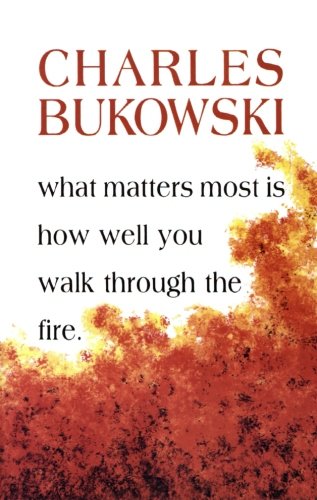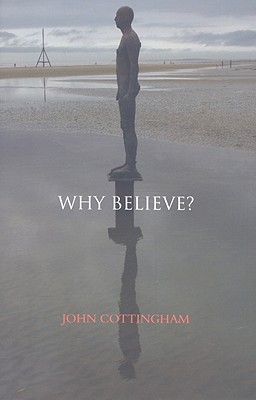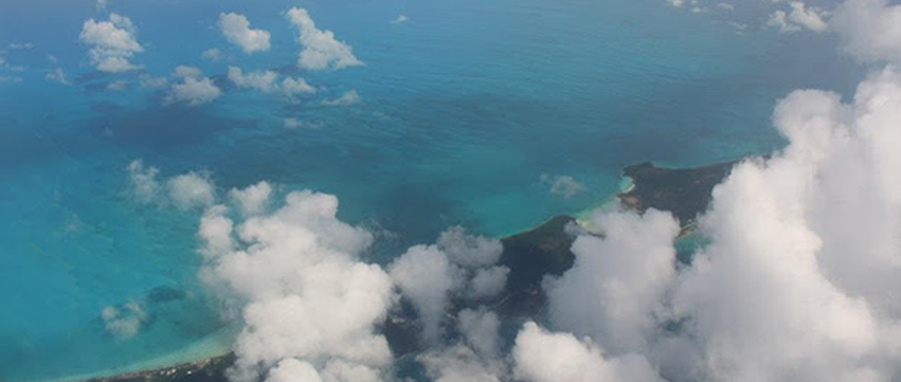By Cyndi Waite
My mom runs her hand softly along my cheek, like moms do with their babies. Maybe I asked the question, "Who is my dad?" or "Where is my dad?" or maybe she preempts it. She strokes my cheek again and smiles at me.
“My beautiful girl," I imagine her saying it in the wonder-filled way she still says it today. "My beautiful girl, your daddy was a good man, but he is very sick."
This refrain is so palpable and entwined in my childhood, I know the words like a nursery rhyme whose repetition tattooed it on my memory. But there’s not a nursery rhyme for my story.
I was born in Hollywood, a fact that fills me with undue glee. I was a kid who had "a lot of personality," a euphemism for having been histrionic. I wanted to be an actress, a screenwriter, but always, I dreamed of being a Los Angeles Resident.
Because what I leave out is the "Florida" part. I'm from Hollywood, Florida, home of the Cuban and land of the retirees. It’s a far cry from the iconic “Hollywood” sign and yet, it’s true, I’m from Hollywood.
We lived in an apartment building. I can see the outline of it, and I wonder if that's my earliest memory shining through or if I've re-created a memory from pictures. It had a giant, humongous, can't-see-the-end-of-it-can't-
Mom has always been a fish, happiest near the water and stressed, searching for air away from it. Mom's angry? Let's run her a bath. Mom has to get away from work? Let's pack a bag of towels and ham sandwiches and find the nearest lake. Water is Mom's Valium.
Mom's love of the water seeped into Chris and me in the womb; pregnancy didn't keep her from floating weekends away. We came out with our arms failing in freestyle. Outside her belly, we split our time the way she had done while we were in it: between the pool and the beach. I learned to walk in the sand.
***
Mom and Chris hold my hand as we walk to the water, waves lapping my feet and calves and thighs and stomach. I’m pink and round---a perfect Gerber baby, squealing with delight at the touch of the cool south Atlantic waters (that are somehow, someway perfect, while northern Atlantic beaches are drab, the water the color of the gray sand. It’s a mystery I’ve never solved).
Chris, four years older than me, maybe six or seven, swims his way away from Mom and me. He probably travels three feet, but I swear it’s 10 feet---half a football field, even. Mom holds me over her head, and teases me, “I’m going to do it! I’m going to throw you!” and her threats aren’t threats at all but promises. And she tosses me through the air, and I’m soaring what feels like stories above the water shimmering below, and I land, laughing, in my brother’s open arms. They throw me like a football, calling plays, “Go left!” I was a precursor to my brother’s glory days on the football field, a human ball. I wonder if that’s where he learned a perfect spiral.
***
We move from Hollywood that same year, when I’m three. I still suck on a pacifier, a fact that embarrasses and endears me now---a childhood in tact, still so innocent it maybe seemed stalled, in slow motion, behind. Precocious and clever, my brother knows my sun rises and shines with him. Where he goes, I go. What he does, I try to do. Sometimes he uses his powers for good, and sometimes he uses them for evil. The line is always blurry.
We pack up the family Chevy S-10 and move to Georgia.
We say goodbye to our family and friends, and Mom says it’s time for an adventure. She drives stick shift in the small three-seater pickup truck. My legs swing around it; it's hard for her to switch gears sometimes, and I talk nonstop, except when I'm sucking on my pacifier.
She got lost, often, on that long drive. I asked a dozen times if we were lost, and she always said, “We’re not lost, we’re finding a new way," just like she says today. Sometimes I ask her when we're standing still to hear those guiding words.
Hours into the drive, Chris pipes up. “I dare you to throw your pacifier out the window.”
I eye him cautiously; at three, going on four, I’m already stubborn and incapable of turning down a challenge.
“I double-dog dare you. I bet you won’t do it.” The taunts keep coming.
I pull my pacifier out of my mouth, and he rolls down the window, and Mom intervenes.
“If you throw it out the window, I won’t get you another one,” she warns.
Chris smirks. “I triple-dog dare you.”
I can’t take it anymore, and I throw it out, watch the wind whip it, bounce it off the side of the truck and fall onto the hot asphalt. It’s gone. It’s really gone.
I start to cry.
“I love you, but I told you if you threw it out, I wouldn’t get you another one,” Mom reminds me.
Chris looks at me, pride in his eyes. “You’re a big kid now.”
I cry all night, furious and unable to sleep. Mom doesn’t buy me a new pacifier.
The next morning, I’m calm and grown up when we pull into Carl’s driveway.




 I am the youngest one in the French language program in Chambéry, but was immediately placed in the highest level of classes upon my arrival. After the first month, the lessons begin to repeat themselves. My attention wanes.
I am the youngest one in the French language program in Chambéry, but was immediately placed in the highest level of classes upon my arrival. After the first month, the lessons begin to repeat themselves. My attention wanes.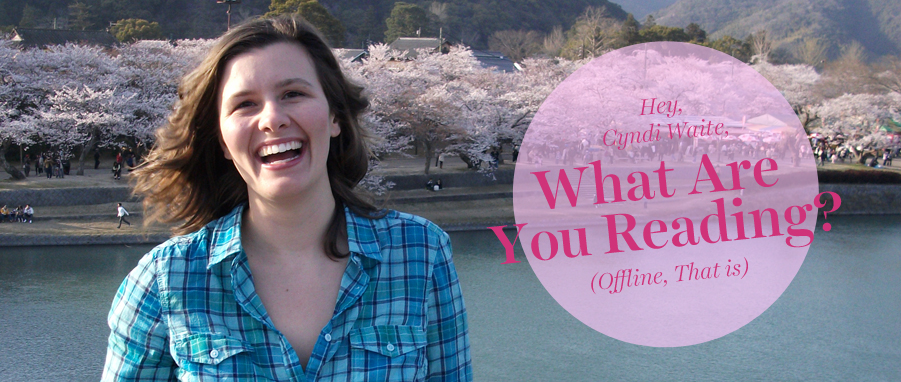
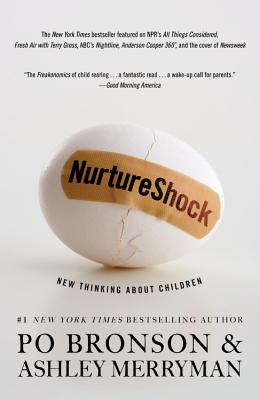
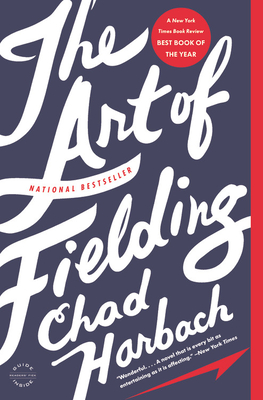







 A mere two months after I return from Chambéry, back to France I go. Still somewhat emotionally scarred from my self-imposed exile, I’m initially nervous to go back when I feel like I just escaped. But, as I already knew, each region of France proves to be drastically different from the others. Savoie was cold and gloomy in the late winter; July in Provence is as close to ideal as I’ve found.
A mere two months after I return from Chambéry, back to France I go. Still somewhat emotionally scarred from my self-imposed exile, I’m initially nervous to go back when I feel like I just escaped. But, as I already knew, each region of France proves to be drastically different from the others. Savoie was cold and gloomy in the late winter; July in Provence is as close to ideal as I’ve found.

 By
By  My regular spot in Bernay is Brin d’Zinc, a bar that Clémence and her friends seem to have been going to since they were in collège, the French version of middle school. Smoking indoors is still legal, and the yellow interior is full of French teenagers lighting up over their beers. I am immediately a part of the crowd; with Clémence as my host sister, I came to Normandie with a ready-made group of friends waiting for me.
My regular spot in Bernay is Brin d’Zinc, a bar that Clémence and her friends seem to have been going to since they were in collège, the French version of middle school. Smoking indoors is still legal, and the yellow interior is full of French teenagers lighting up over their beers. I am immediately a part of the crowd; with Clémence as my host sister, I came to Normandie with a ready-made group of friends waiting for me.
